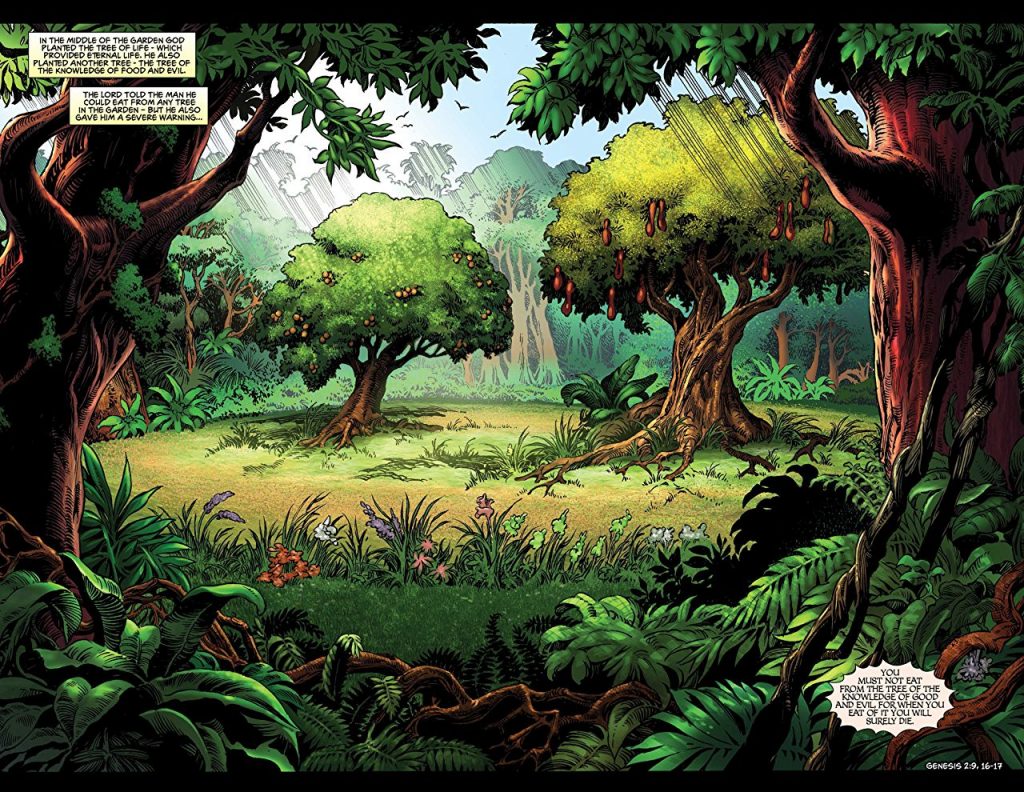Podcast: Play in new window | Download | Embed

10Now a river flowed out of Eden to water the garden, and from there it branched into four headwaters:
11The name of the first river is Pishon; it winds through the whole land of Havilah, where there is gold. 12And the gold of that land is pure, and bdellium and onyx are found there.
13The name of the second river is Gihon; it winds through the whole land of Cush.
14The name of the third river is Hiddekel; it runs along the east side of Assyria.
And the fourth river is the Euphrates.
15Then the LORD God took the man and placed him in the Garden of Eden to cultivate and keep it.
16And the LORD God commanded him, “You may eat freely from every tree of the garden, 17but you must not eat from the tree of the knowledge of good and evil; for in the day that you eat of it, you will surely die.”


I love your continued point on how easy it is to lose the context over time for names or concepts. Like how if we were to refer to a river called “windy” no one would know which river we were talking about in the future.
I had two other examples I thought you might find fun: https://en.wikipedia.org/wiki/Ninety_Six,_South_Carolina
This was a town from the early 1700s, so not that long ago in the grand scheme of things, and we have no knowledge of why it has that name. Its almost certainly descriptive (like windy), we’ve already lost the context.
Another fun one is the Torpenhow Hill. There was a small settlement of Celts who named it “Tor” or hill. This later became an Anglo-Saxon town and so they called it Tor Pen (Pen meaning hill). Eventually Scandanavian Vikings settled there and called it Torpen How (How meaning hill) and finally modern English have named it Torpenhow Hill. All because we lost the context.